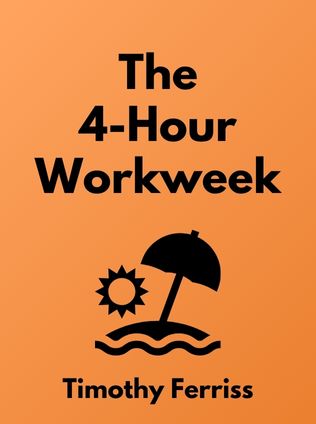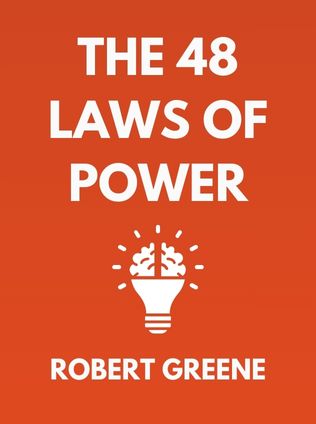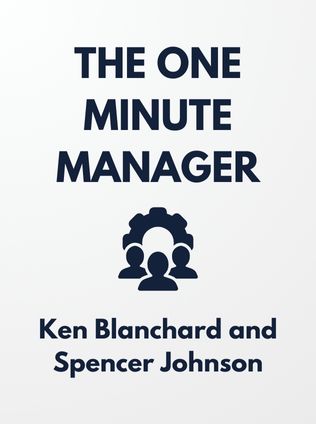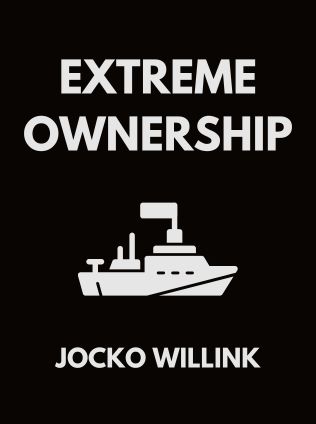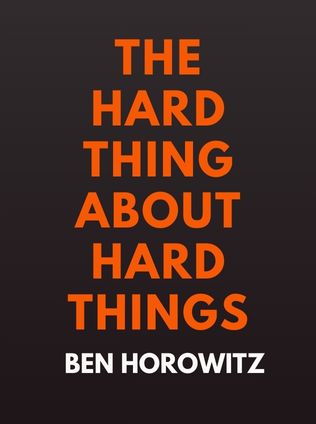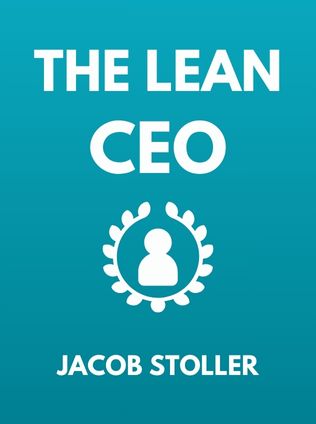
The Lean CEO
Leading the Way to World-Class Excellence
By Jacob Stoller
Published 05/2015
About the Author
Jacob Stoller is a journalist and facilitator renowned for his ability to bridge the gap between experts and outsiders in complex fields like Lean management, information technology, accounting, and engineering. Stoller has an exceptional talent for distilling intricate concepts into accessible knowledge, making him a valuable resource for professionals seeking to understand and implement Lean principles. His work in "The Lean CEO: Leading the Way to World-Class Excellence" reflects his deep understanding of Lean methodologies and his commitment to effective communication.
Main Idea
"The Lean CEO" explores the transformative power of Lean management through the firsthand accounts of CEOs who have successfully integrated Lean principles into their corporate culture. These leaders share their journeys, revealing how Lean practices have led to sustainable financial results, increased employee engagement, and improved customer satisfaction. The book challenges traditional management paradigms, emphasizing the importance of continuous improvement, transparency, and a customer-centric approach.
Table of Contents
- Introduction
- How Waste Became Business As Usual
- The Miracle of Mass Production
- Lean: A Radical New Approach to Production
- The Seven Wastes
- West Meets East and the Unbelievable
- Keeping Score with Real Numbers
- Leading on the Front Lines
- A New Way Out of Financial Crisis
- Building Collaborative Management Teams
- Building the Learning Organization
- Conclusion
Introduction
Lean methodology, rooted in the post-WWII industrial revival of Japan, represents a significant shift from traditional business practices. The global Lean movement emphasizes doing more with less and has been successfully adopted across various sectors, including healthcare, government, and financial services. The core of Lean involves continuous improvement, employee involvement, and a commitment to reducing waste. However, the adoption of Lean principles often challenges conventional management theories and requires a substantial cultural shift within organizations.
How Waste Became Business As Usual
Jacob Stoller introduces readers to the concept of "gemba," a Japanese term meaning "the real place," where value is created. The neglect of gemba has led to widespread waste in modern organizations. Stoller provides hypothetical scenarios to illustrate how CEOs who adopted Lean principles were able to turn around struggling companies by focusing on reducing waste and empowering employees.
“Respect for the people who spend their days in gemba is one of the cornerstones of Lean.” - Jacob Stoller
waste reduction through Lean principles include:
- A recreational trailer manufacturer avoiding bankruptcy by improving operational efficiency.
- A hospital enhancing quality and reducing costs to stay competitive.
- A diesel engine component manufacturer resolving delivery issues and labor relations through Lean practices.
The Miracle of Mass Production
The American industrial golden age, epitomized by Henry Ford's assembly line and Frederick Taylor's scientific management, emphasized cost reduction through division of labor. This approach treated workers as interchangeable parts of a machine, focusing on maximizing output with minimal education and oversight. However, this methodology led to significant inefficiencies and waste, which became evident during economic downturns in the 1970s.
“You are not supposed to think. There are people paid for thinking around here.” - Frederick Taylor
Ford and Taylor’s contributions, while revolutionary, ultimately revealed the limitations of traditional mass production, paving the way for the Lean revolution.
Sign up for FREE and get access to 1,400+ books summaries.
You May Also Like
The Lean Startup
How Today's Entrepreneurs Use Continuous Innovation to Create Radically Successful Businesses
By Eric RiesWho Moved My Cheese?
An Amazing Way to Deal with Change in Your Work and in Your Life
By Spencer Johnson, M.D.Make Your Bed
Little Things That Can Change Your Life...And Maybe the World
By William H. McRavenThe Ride of a Lifetime
Lessons Learned from 15 Years as CEO of the Walt Disney Company
By Robert IgerThe Hard Thing About Hard Things
Building a Business When There Are No Easy Answers
By Ben Horowitz







